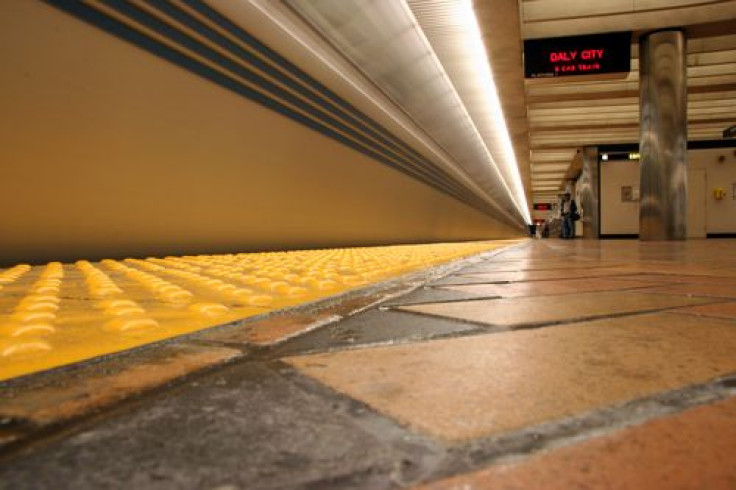Measles Alert: California Commuters, Students May Have Been Exposed, But Who Faces A Higher Risk?

Contra Costa County’s second case of measles within the last five years could possibly infect, not hundreds, but thousands of California commuters and students. Health officials from Contra Costa County notified the public about exposure to the measles after a University of California, Berkeley, student — whose name was not released — with the virus went to class, and took the Bay Area Rapid Transit, or BART, trains during the Feb. 4-7 morning commutes and in the late evening. The student is thought to have contracted the disease during a trip abroad in Asia.
"Measles is a very serious viral illness and very contagious," said Erika Jenssen, the communicable disease program director for Contra Costa Health Services, Contra Costa Times reported. The UC Berkeley student may not have only infected those he rubbed elbows with, or shared bodily fluid with, since the communicable disease can spread through coughing, sneezing, or breathing. Jenssen warned the public that even those who shared the same airspace as the infected student one to two hours after — and who have not been vaccinated for measles — face a high risk of getting sick.
The highly contagious respiratory disease — commonly a childhood infection — is caused by the paramyxovirus that normally grows in the cells at the back of the throat and lungs. Unlike influenza, the airborne virus cannot survive very long on objects like doorknobs and telephones. However, the disease is highly contagious, says the Centers for Disease Control and Prevention, that any child exposed to it and not immune will most likely get the disease. Approximately 10 percent of children who get measles come down with ear infections, and roughly five percent end up with pneumonia. Unvaccinated people who share a house with a measles patient rarely escape infection.
Measles symptoms can begin one to three weeks after exposure and may include: higher fever, runny nose, coughing, and watery eyes. A rash is usually indicative of the disease as it develops on the face and neck two to three days after the fever begins and then spreads down to the rest of the body, lasting five to six days. Like the UC Berkeley student, he was contagious before and after the rash appeared, possibly exposing thousands who are unvaccinated.
On Wednesday, after the Contra County resident was confirmed to have the virus, health officials revealed he did not receive a measles vaccination. Prior to his diagnosis, the student — in his twenties — attended class and took BART last week with the presence of the virus most likely lingering on the trains. According to the San Francisco Gate, BART provides an average of 390,000 rides each weekday.
The student, who is now recovering at home and not attending classes, has generated great concern for the California public. Although BART commuters and students may feel their health is in jeopardy, Berkeley health officer Dr. Janet Berreman reassures death is highly unlikely. "Measles can progress to death, but that is very rare," she said. “Fortunately, the measles vaccine is highly effective in preventing infection."
The measles vaccine is typically given at an early age and through a series of rounds, but a person is not considered to be fully vaccinated until they complete the round of doses. Typically, this vaccine is administered as a MMR — a combination vaccine that provides multiple protection against measles, mumps, and rubella. The first dose is usually administered at 12-15 months of age and followed by 4-6 years of age.
Vaccines.gov suggests adults who have not had the measles, or been vaccinated, should get at least one dose of the vaccine, while two doses are recommended for adults who in college, hospital or medical facility, international travelers, and women of childbearing age. Pregnant women not vaccinated are at risk for a miscarriage.
Now Berkeley University Health Services has ordered about 300 doses of the MMR vaccine from the state to make available for any students who have not been vaccinated. The vaccine is strongly recommended, but not required for students entering Berkeley, said Brad Buchman, medical director for University Health Services. So far, there have been no measles infections related to this case.



























